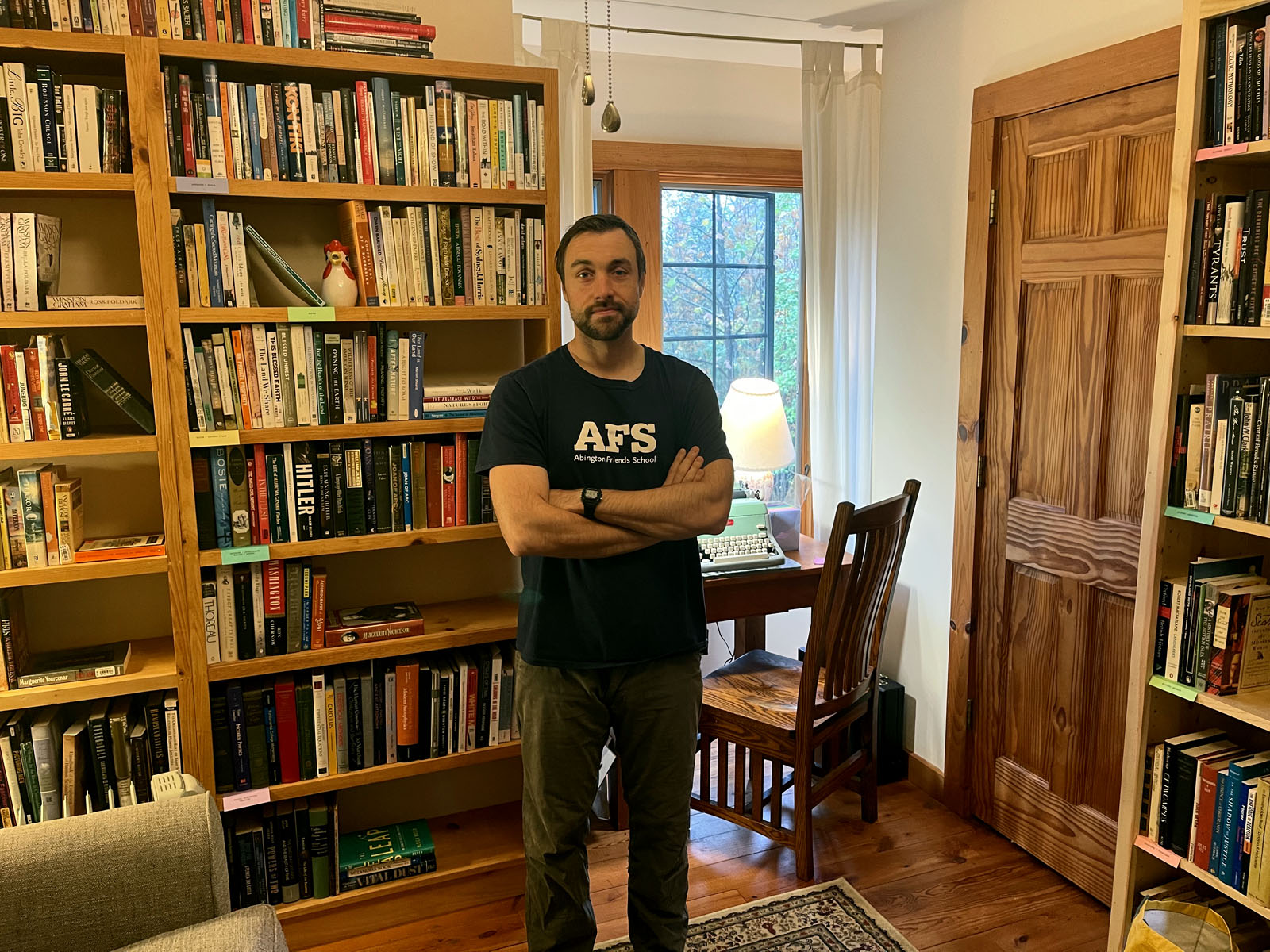
We are fortunate that there is some competition in the market for technology. Even so, you get only two choices for your smartphone — an Apple iPhone or an Android phone. It’s starting to look as though there will be two choices for the next big thing. Facebook calls that next big thing the “Metaverse.” Apple is calling it “augmented reality.” Do the two different terms signal two different visions?
A few days ago, Greg Josniak, an Apple vice president, was interviewed by the Wall Street Journal. When asked about the metaverse, Josniak replied that the word “metaverse” is “a word I’ll never use.” In an interview in Europe last month, Tim Cook, Apple’s chief executive officer, used the term “augmented reality”:
“Like I said, we are really going to look back and think about how we once lived without AR…. It’s something you can really immerse yourself in. And that can be used in a good way. But I don’t think you want to live your whole life that way. VR is for set periods, but not a way to communicate well. So I’m not against it, but that’s how I look at it.”
Zuckerberg took a swing at Apple, saying that the metaverse should be “open,” as opposed to a closed ecosystem like Apple’s iPhone. He said that Meta, formerly known as Facebook, is in a “philosophical competition” with Apple on virtual reality. “The things that they’re doing [Apple] are not as altruistic as they claim them to be,” Zuckerberg said. Zuckerberg’s Meta, it seems, is working with Microsoft, Autodesk, and Accenture on its “open” metaverse.
We know from their histories just how “open” and altruistic Facebook, Microsoft, and Autodesk have been. As for Accenture, I don’t even know what they do, other than avoid taxes. Google wants in on this, too.
Has Mark Zuckerberg ever given us any reason to trust him, or his vision? Remember how Facebook was supposed to bring the world together and make everything better?
Back in the 1980s, most people couldn’t imagine why they’d ever want a computer, or what they’d do with it if they had one. Today, most of us can’t imagine — or at least can’t easily imagine — ever putting on a virtual reality headset. But we probably will. And Tim Cook is probably right. Before long we’ll probably wonder how we lived without it.
If there’s going to be a philosophical competition in the market for virtual reality, then I’ve already made up my mind. The “philosophy” of Microsoft and Facebook, unless competition prevents it, is to own us and exploit us with inferior stuff, without regard to any harm done. Whereas — as I see it — the only harm done to us by Apple is the harm done by being so expensive. I like the Apple ecosystem. And Apple’s technology is just plain superior, especially now that Jony Ive is gone and we’re starting to get informative interfaces rather than “clean” ones. (Now will Apple please stop hiding all the controls in iMovie, so that we don’t have to Google to figure it out?)
Tim Cook, I think, has dropped a big hint. “But I don’t think you want to live your whole life that way,” he said. The implication is that total ownership is just what Mark Zuckerberg wants.
I dread the day, though, when people are walking around in public wearing cyber headsets and special glasses. Everyone staring at their phones is bad enough. If I ever wear a cyber headset outside my own home, someone please shoot me.









